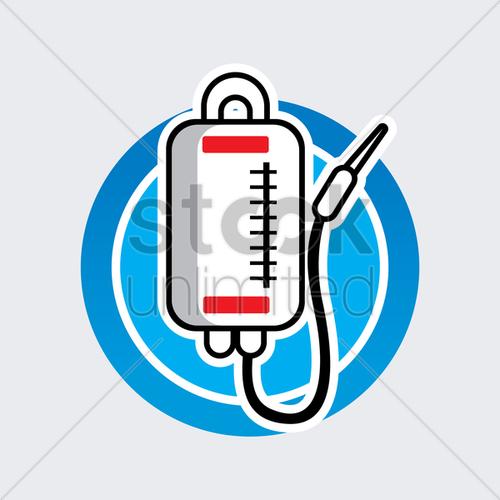Maintaining a healthy immune system is crucial for overall health, especially as we age and natural aging gradually weakens our immunity. During this process, long-term use of certain medications may unintentionally impair our immune defenses, particularly noticeable in the middle-aged and elderly population. Here are six classes of medications worth noting:
1. Corticosteroids, as potent anti-inflammatory and anti-allergic drugs, can effectively suppress immune reactions. However, prolonged use can lower the body’s ability to resist infections, with higher risks for middle-aged and elderly individuals. 2. Nonsteroidal anti-inflammatory drugs (NSAIDs), commonly used for pain relief and inflammation, can cause intestinal issues with prolonged use, disrupting intestinal microbiota balance and affecting the immune system.
3. Antibiotics, while effective in treating bacterial infections, misuse or prolonged use can lead to imbalances in gut flora, impacting microbial diversity, weakening immunity, and potentially promoting resistance development.
4. Immunosuppressants, used to control autoimmune diseases and prevent transplant rejection, significantly inhibit immune function, increasing infection and cancer risks.
5. Chemotherapy drugs, essential in cancer treatment, unavoidably harm the immune system, increasing infection risks for patients, especially the middle-aged and elderly.
6. Sedatives and hypnotics, used to alleviate anxiety and improve sleep, may weaken immune efficiency by inhibiting central nervous system activity.
Relying on the above medications long-term may lead to a series of health issues: – Increased susceptibility to infections due to decreased immunity and weakened defense against pathogens. – Elevated cancer risks as immune surveillance function is compromised, making it difficult to recognize and eliminate abnormal cells. – Aggravated risks of chronic diseases such as intestinal inflammation, liver and kidney dysfunction, among others. – Increased occurrence of medication side effects, which can sometimes threaten life.
For middle-aged and elderly individuals, appropriate medication management recommendations include: – Strictly follow medical instructions regarding medication use, avoid altering dosages or stopping medications without consulting a healthcare professional. – Regularly visit healthcare providers to adjust treatment plans based on the medical condition. – Monitor medication side effects closely and seek immediate medical assistance if any arise. – Maintain a balanced diet, supplement necessary nutrients to support the immune system. – Engage in moderate exercise to strengthen physical fitness and enhance resistance.
In conclusion, middle-aged and elderly individuals should carefully manage medication use, adopt healthy lifestyle practices, and ensure the optimal state of the immune system to maintain overall health. Balanced diet, regular exercise, and sufficient rest are essential parts of enhancing immunity and should be integral components of daily habits.


